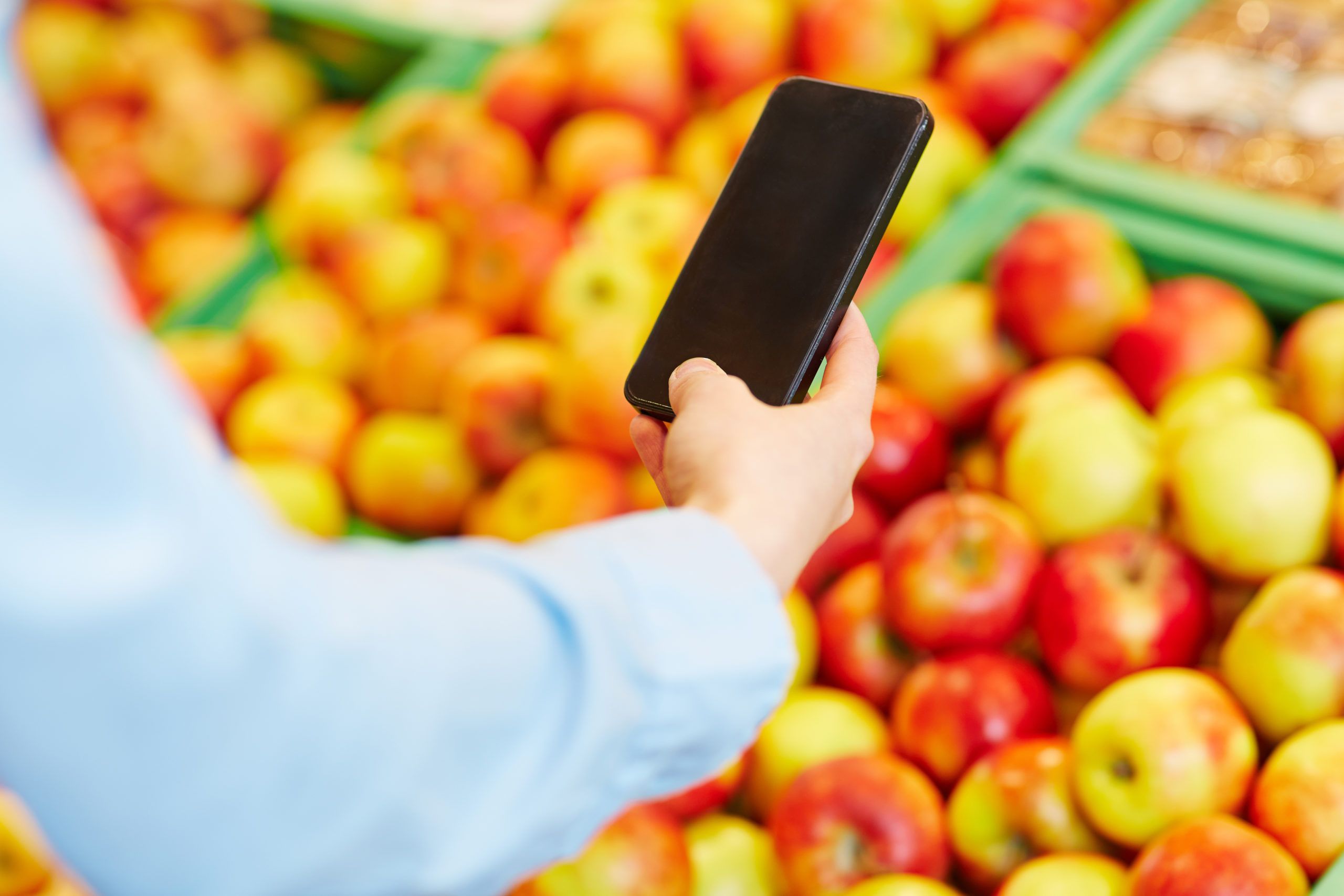San Francisco-based traceability technology SafeTraces has raised $6.5 million in a Series A round led by impact investor Omidyar Network. Agrifood tech investors S2G Ventures and Maumee Ventures, along with UL Ventures, City Light Capital, and Tuscan Management also participated in the round, which brings the company’s total fundraising to date to $8.5 million.
SafeTraces manufactures biological tracers, or invisible, edible, odorless, and tasteless barcodes that food producers and processors can apply directly to food. The technology, which was developed at Lawrence Livermore National Laboratory, a US Department of Energy-sponsored research facility, was originally used as a biostimulant to enhance our response capability following an intentional or accidental release of a biological agent.
Food processors and other parties handling food in the supply chain can spray SafeTraces’ seaweed-based DNA tag on individual food items so that their provenance and qualities can be traced and verified throughout the supply chain.
The markers can be read with specific barcode readers, providing a traceability tool, but also a food safety tool as they will be able to detect some pathogens too.
So far the technology is being used by a handful of food and farming customers across varying industries from apples to chocolate. The invisible tagging system makes the tags themselves virtually tamper-proof and the tags can serve as verification for various qualities like geographical provenance, organic status, sustainable sourcing, or varietal.
“We enable item-level traceability which is like the holy grail. It allows a very focused response and a very credible position if you pledge to have a certain sourcing,” said CEO Anthony Zografos.
Zografos told AgFunderNews that pricing comes in at about $2 per tonne, which he says is roughly 50 times cheaper than the closest competitive technology. He says many different points in the supply chain are willing to pay to be sure that they are getting what they pay for and selling what they claim.
“In some cases, it is retailers that have anxiety about the sourcing of certain commodities that have a history of fraud,” said Zografos.
But the efficacy of the technology goes beyond food. SafeTraces has been contracted in a NATO country, which Zografos declined to name, to track certain fertilizers, which can be made into explosives.
SafeTraces also has a second product intended to verify sanitation practices. The same DNA “barcode” is deposited onto an item, but the tracers are designed not to survive the wash process. Then when the area is sanitized ,scanning for the DNA marker can verify the efficacy of cleaning processes.
The technology itself can be set up by clients and SafeTraces is working on licensing the technology to sell it to businesses in the food and cannabis spaces through existing industry retailers.
Rob Veres of Omidyar Network, who will join the SafeTraces board, said that he was introduced to the company by a former colleague.
“Their technology was of immediate interest because it solves real problems in food processing and supply chains, which are spaces we have been tracking closely,” said Veres.
The impact investor, started by the founder of Ebay, has made several investments in the agrifood tech space this year including Propel, a startup that helps US food assistance recipients manage their benefits; Landmapp, a Dutch startup operating in Ghana that enables smallholder farmers to document and protect their land holdings; Twiga Foods, a Kenyan food ecommerce startup; and Harvesting Inc, financial risk management software for farmers.
Said Veres, “I’m particularly excited about the applications in food safety and transparency. SafeTraces’ technology can be used to verify the origin of organic foods, identify performance issues in the supply chain, discover possible sources of food contamination, improve the sanitation of food processing equipment, and combat counterfeiting.”





